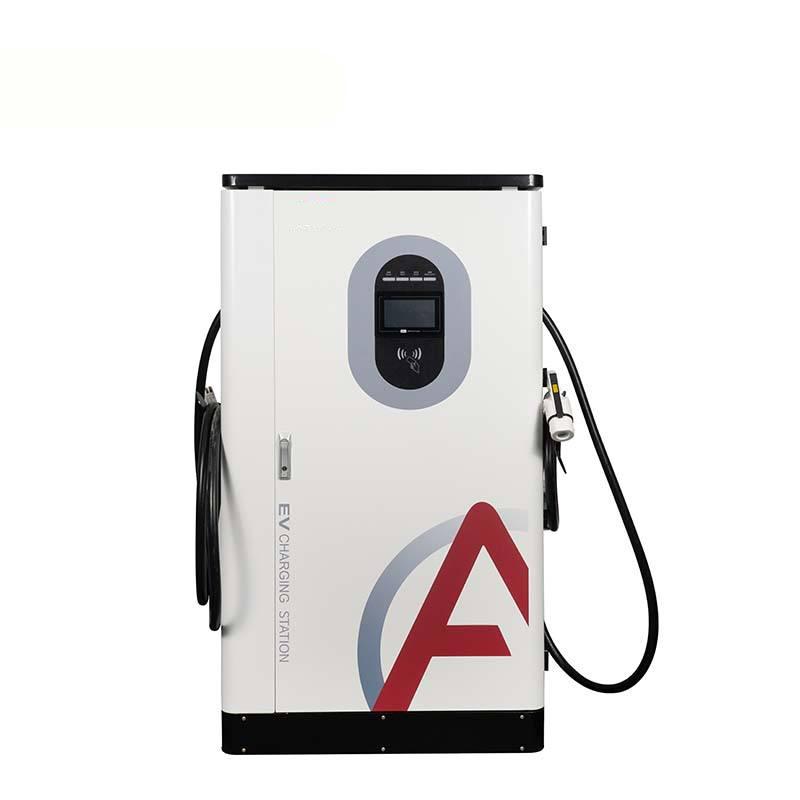初始投资:设备和安装成本
建立电动汽车 (EV) 充电站需要多方面的初始投资,包括设备购置和安装费用。电动汽车充电设备的成本会根据所选类型而有很大差异,主要分为一级充电器、二级充电器和直流 (DC) 快速充电器。一级充电器通常兼容标准家用插座,价格一般在 300 美元到 600 美元之间。这类充电器价格相对最实惠,但充电速度也最慢,因此更适合家庭使用。
二级充电桩需要专用电路,充电速度更快,价格通常在 500 美元到 2000 美元之间。选择二级充电桩可以在效率和成本之间取得平衡,因此常用于住宅和商业用途。相比之下,直流快速充电桩代表了最高级别的设备,价格从 1 万美元到 4 万美元甚至更高,具体取决于功能和充电速度。这些充电桩非常适合需要为多辆车提供快速充电的场所,但需要大量的初始投资。
在为电动汽车充电站制定预算时,安装成本也应纳入考虑范围。安装成本会因地点、现有电力基础设施和具体安装需求而有所不同。平均而言,安装成本可能在 500 美元到 5000 美元之间,其中包括电力升级、人工和场地准备等费用。此外,许可证办理和遵守当地法规等因素也会进一步影响最终的财务投入。因此,对设备和安装成本进行全面评估至关重要,以便充分了解电动汽车充电站所需的初始投资。
持续运营成本:维护和公用事业费用
运营电动汽车 (EV) 充电站涉及各种持续性成本,这些成本会对其整体财务可行性产生重大影响。其中最主要的是每月公用事业费用,这主要取决于用电模式和安装的充电桩类型。充电站通常在用电高峰时段或低谷时段消耗电力,了解这些用电模式对于准确预测成本至关重要。例如,在低谷时段充电可以享受更低的电价,从而有助于降低成本。
持续运营成本的另一个关键方面是维护。定期维护充电设备对于确保其可靠性和最佳性能至关重要。这包括定期检查、软件更新以及任何必要的维修。维护成本会因所用技术和服务提供商的不同而有所差异。建议运营商制定维护计划,并考虑与第三方服务提供商签订维护合同,以简化流程并减少意外支出。
除了水电费和维护费之外,运营商还应考虑可能产生的软件费和网络接入费,尤其是在充电站隶属于大型网络的情况下。许多充电站都使用专用软件进行用户管理、计费和监控充电器性能。这些服务的订阅费会增加运营成本。然而,投资高效的管理软件可以改善客户体验,优化充电站利用率,最终提高盈利能力。
To minimize ongoing costs, operators can adopt various strategies. This could include employing smart charging technologies to manage load and optimize energy use or seeking partnerships with local utilities for special rate plans. By effectively managing these ongoing expenses, operators can ensure the sustainability and profitability of their EV charging stations in the expanding market of electric vehicles.
Incentives and Rebates: Reducing Overall Costs
As the adoption of electric vehicles (EVs) continues to gain momentum, various incentives and rebates have been developed to encourage the installation of EV charging stations. These financial supports can significantly alleviate the upfront costs associated with acquiring and installing a charging unit, making it a more viable option for both residential and commercial properties.
At the federal level, the Investment Tax Credit (ITC) provides a substantial tax credit for the installation of EV charging stations. Eligible taxpayers can claim a percentage of the total installation costs against their federal tax liability. This initiative not only lowers the immediate financial burden but also stimulates the growth of the EV infrastructure across the nation. Additionally, the U.S. Department of Energy (DOE) often offers various grant programs aimed at increasing the number of public charging stations, especially in underserved areas.
State and local governments are also crucial players in providing incentives for EV charging station installations. Many states have established rebate programs that further reduce the cost of installing charging equipment. This can include direct cash rebates or additional tax credits. Some regions even offer free installation services or discounted electricity rates for charging during off-peak hours, thus creating an environment conducive to EV use.
To benefit from these incentives, prospective installation owners must be aware of the application processes and qualification criteria for each program. It is advisable to thoroughly research local, state, and federal options, as eligibility may vary based on factors such as income level, project size, or the type of charging equipment utilized. Online resources and local government websites are excellent starting points for understanding available incentives and navigating the application process effectively.
Overall, leveraging these incentives and rebates is critical for reducing the total expenses incurred during the adoption of EV charging infrastructure, ultimately supporting the transition to more sustainable transportation options.
Cost-Benefit Analysis: Is an EV Charging Station Worth It?
在考虑安装电动汽车充电站时,进行全面的成本效益分析至关重要,以确定这项投资是否值得。首先,应评估购买和安装充电站的初始成本。这些成本会因充电站的规格、安装要求和当地许可费用而有很大差异。因此,必须从多家供应商处收集详细的报价,以便准确了解所需的财务投入。
除了前期投入成本外,还必须分析潜在的投资回报。投资建设电动汽车充电站可以提升房产价值,因为越来越多的购房者倾向于选择配备充电设施的房屋,这反映了电动汽车日益增长的普及度。房主可以看到房屋转售价值的提升,这或许能在长期内抵消初始投入。此外,商业地产业主安装充电站可以吸引更多顾客,从而增加客流量和销售额。
节省燃料成本是另一项显著优势。由于电力通常比汽油便宜,电动汽车车主可以实现可观的长期节省。例如,根据个人驾驶习惯,车主在车辆使用寿命期间可能节省数千美元。此外,许多地方电力公司为非高峰时段的电动汽车充电提供奖励、折扣或更低的电价,从而进一步节省开支。
环境因素同样重要。选择安装电动汽车充电桩,有助于减少温室气体排放,营造更清洁的环境。政府正通过各种项目,例如提供税收抵免或补贴,来鼓励可持续能源举措,从而将这些益处转化为经济效益。
最终,对这些因素进行全面评估,将有助于更清楚地了解安装电动汽车充电站是否是一个明智的选择,从而平衡短期成本和长期收益。



